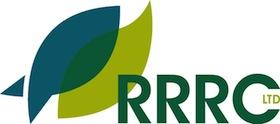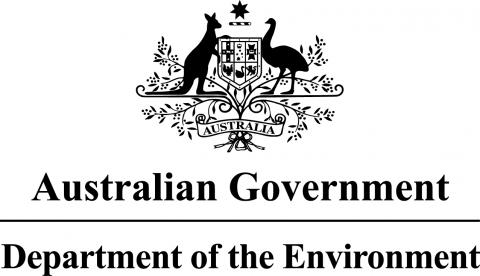Meeting of the Great Barrier Reef Pesticides Working Group
Meeting of the Great Barrier Reef Pesticides Working Group
Tropical Ecosystems Hub researchers from the Great Barrier Reef water quality program came together recently with managers and people from industry who are working specifically on pesticide (including herbicide) research, monitoring and management in the Great Barrier Reef for the third meeting of the Pesticides Working Group.
Organisations in attendance included Sugar Research Australia, CANEGROWERS, Davco Farming, Burdekin Productivity Services, Terrain Natural Resource Management, Great Barrier Reef Marine Park Authority, QLD Dept. Agriculture, Fisheries & Forestry, QLD Dept. Environment & Heritage Protection, James Cook University, Australian Institute of Marine Science, University of Queensland, University of Technology Sydney, CSIRO and WWF.
The Pesticides Working Group is a forum for participants to outline and update the latest information from various projects. The scope is not limited to outputs of the NERP and includes other programs such as Reef Rescue R&D, the Paddock to Reef Program and the Reef Protection Package Science Program and the associated policy initiatives.
The expected outcomes of the third meeting were to inform a wide audience on recent activities and changes in managing, monitoring and regulating pesticides; update stakeholders on recent research and knowledge gaps; and determine what we need to know about emerging pesticides for risk assessments.
The meeting of the group heard presentations on current management strategies, including perspectives from the Great Barrier Reef Marine Park Authority; and updates from the Marine Monitoring Program and reforms to chemical reviews from Australian Pesticides and Veterinary Medicines Authority.
Other presentations related to recent research outcomes, including chronic and acute effects of Photosystem II herbicides on seagrass; persistence of herbicides in tropical waters; an update on the load monitoring program; the main outcomes of the integrated Reef Rescue research program; and emerging herbicides.
The working group heard that existing Water Quality Guidelines contained trigger values for toxicants that assisted management but that the management was constrained by an absence of predictability. Emphasis was given to gaining a clear picture of what type of pesticides are in use, where they are coming from, how much is being used and by whom. Workshop attendees were eager to see this type of usage data incorporated into the pesticide registration process, which would help ongoing research and monitoring activity.
It was noted that there is still much to learn about the environmental behavior of pesticides. However, the Pesticides Working Group and ongoing research assimilation and integration will be key activities to facilitate a coherent discussion on the role of pesticides in the condition of the Great Barrier Reef.
Contact Dr Michelle Devlin (m.devlin@c2o.net.au) or Andrew Negri (a.negri@aims.gov.au) for more information.



